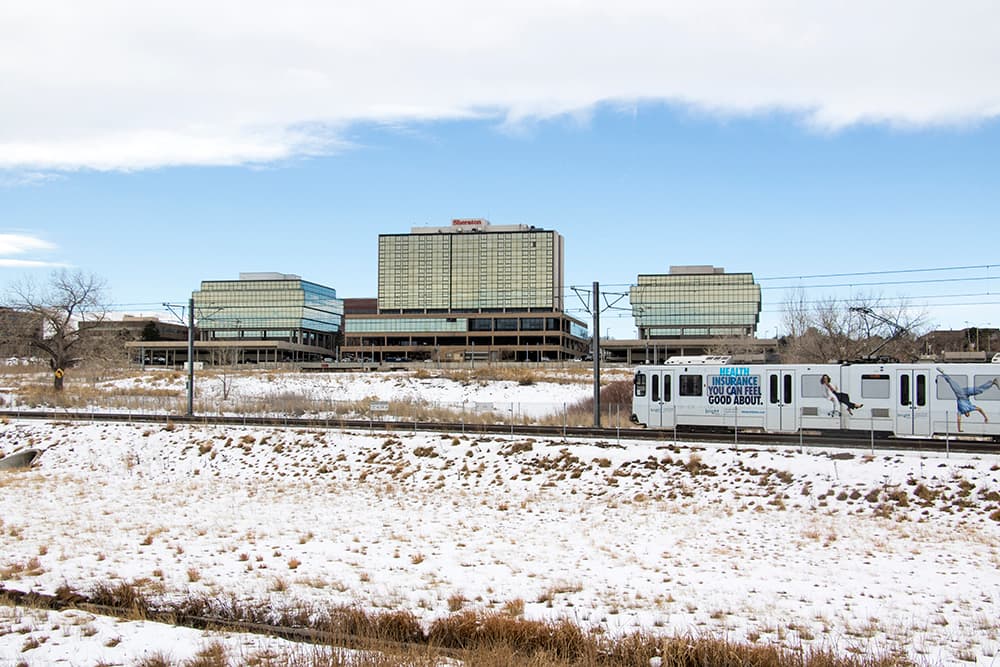The federal government rejected a plan for a huge low-income housing complex because a nonprofit apparently sent the wrong version of a PDF, among other reasons.
It's one of the key details in a decision that may completely derail Colorado Coalition for the Homeless's controversial proposal to build emergency homeless housing and, eventually, 600 units of supportive housing in Lakewood.
Now, the feds appear to be preparing to sell the land in question to private developers, and the nonprofit is calling foul.
What happened:
The nonprofit accidentally sent a non-final version of a financial document to the Department of Health and Human Services, said Cathy Alderman, a vice president for the nonprofit. It was part of an application proving that CCH could fund its proposed $30-million-plus project.
Last week, the Department of Health and Human Services declared that the financial plan for the project was "not approvable" because it was "incomplete or speculative." The incomplete document was one of the main reasons cited.
"We would have immediately remedied that," Alderman said. "We just weren’t given that opportunity. They just denied us outright. ... It seems a kind of an abuse of that broad discretion that they have."
Besides the PDF problem, a federal official said in a letter that the application was rejected because it didn't have enough information about fundraising campaigns and plans to finance water service and fire alarms, among other issues.
But Alderman said that the application guidelines never got that specific, and the nonprofit never got to answer questions.
"We were kind of taking a guess and providing as much information as we could," she said.
Immediately after HHS issued the rejection, the federal General Services Administration appeared to be moving full-steam to auction off the property.
"They are moving very quickly," Alderman said.
Why it matters:
These 59 acres are a very unique piece of land. They're hugely valuable, sitting on a busy business corridor next to a rail station.
CCH argues that the feds are legally obligated under the McKinney-Vento act to give up vacant land for homeless services. The nonprofit previously won a lawsuit to stop the sale of the land to developers, and the feds agreed to consider the nonprofit's plan.
Basically, if the federal government can't come up with a good reason to reject the plan, then the nonprofit gets to do its thing.
Meanwhile, the proposal encountered intense local resistance, with Lakewood residents complaining that they had hardly been consulted on the process. (Because it's federal land, the locals have little influence over what happens.)
The rejection of the financial plan led to some celebration among Lakewood residents. Its critics had said it was simply too big and too dense a concentration of services.
"Application DENIED," wrote Lakewood Mayor Adam Paul in a Facebook post.
But the coalition isn't giving up.
CCH is asking for another try, saying that the latest rejection is "erroneous, arbitrary and capricious."
The nonprofit never got a chance to correct or supplement information, which is common practice for these types of projects, according to CCH president John Parvensky.
He pointed to a similar application from San Francisco, in which that city was allowed to provide extra information in response to questions about costs and funding sources.
If a review isn't granted, CCH says it will take the fight to federal appeals court.













